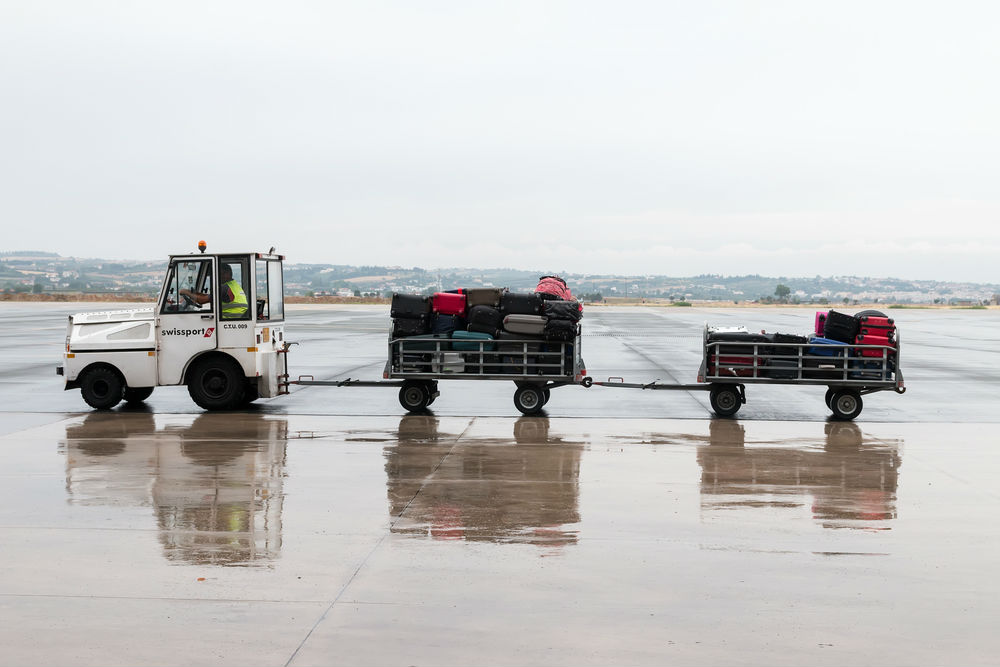Accommodation of employees' legal troubles may be necessary, as long as they aren’t enough to irreparably damage the employment relationship

By Jeffrey R. Smith
Accommodation can be a loaded term for Canadian employers. On the one hand, it can require more effort from management and human resources, and affect other employees. But on the other hand, it allows an employee who is facing some difficulty continue to be productive, maintain her professional identity, and make a living.
Accommodation is a basic right for workers and something employers are required to do unless it’s too much of a hardship or just isn’t possible — but employees must also do their part in the accommodation process, or else they risk making it too hard for the employer to accommodate.
While employers are required to try to accommodate employees whose ability to work if affected by a ground protected under human rights legislation, sometimes it’s a good idea to accommodate for other reasons just to keep a good employee or maintain a positive image that can be used to recruit other good employees. Even if an employee’s ability to perform his normal duties is affected by a non-protected ground, it may not be just cause for dismissal.
Take, for example, employees who have legal issues. Incarceration due to committing a crime is pretty serious, but isn’t guaranteed to be a reason to terminate employment. An employee who is jailed may not be able to report to her job, but a less-serious conviction can lead to an arrangement where the employee serves her time on weekends only.
If, in such circumstances, the employee doesn’t normally work weekends or can work other days, the incarceration itself may not justify dismissal if the employer’s reputation isn’t affected and the employer’s trust in the employee isn’t irreparably damaged.
But what about if an employee breaks the law in a manner that it less than criminal, but results in a loss of something that is required to perform his regular job duties? This was the case for a New Brunswick airport worker who was responsible for performing runway checks in a truck and sometimes driving a baggage truck, but lost his driver’s licence for seven days after he failed a sobriety test when found behind his vehicle’s wheel with the keys in the ignition. The licence was essential to his normal job duties due to the use of the airport vehicles, so with his licence suspended, the worker couldn’t perform those duties.
The employer was able to accommodate the licence suspension by assigning alternate duties for the worker while other employees would handle driving duties. The employer also drew up a progressive discipline form stipulating the worker was not to operate any motorized vehicles at the airport and further disciplinary measures were pending following a discussion at the executive level.
The supervisor shadowed the worker for the first day to ensure he didn’t drive anything, but on the second day, the worker was left on his own, as was normal for his largely unsupervised position, However, the worker was observed driving the baggage truck, which was also captured on surveillance video. The worker said he hadn’t thought about it because he was on “auto pilot” while working, but the employer fired him for failing to comply with the conditions imposed on him due to his licence suspension.
An adjudicator found that the employer took reasonable steps to accommodate the worker’s licence suspension and the worker’s failure to follow the conditions was insubordination, but the decision to terminate his employment was “a sudden and impulsive gesture” that didn’t follow progressive discipline.
However, even though lesser discipline would have been more appropriate in the first place, the worker’s disobedience and dishonesty — his “auto pilot” excuse didn’t justify the misconduct — damaged the employment relationship beyond where the employer could trust him in an unsupervised position.
The employer wasn’t ordered to reinstate the worker but was required to pay him pay in lieu of reasonable notice as in a without-cause dismissal: See Roy and Northern New Brunswick Airport Inc., Re, 2018 CarswellNat 1404 (Can. Labour Code Adj.).
It may not always be easy to accommodate an employee with legal problems, but sometimes it’s necessary if those legal problems aren’t serious enough to provide just cause for dismissal. However, as with all accommodation, employees have to do their part to make accommodation work. If they don’t, then discipline or possibly dismissal could be the next option.




